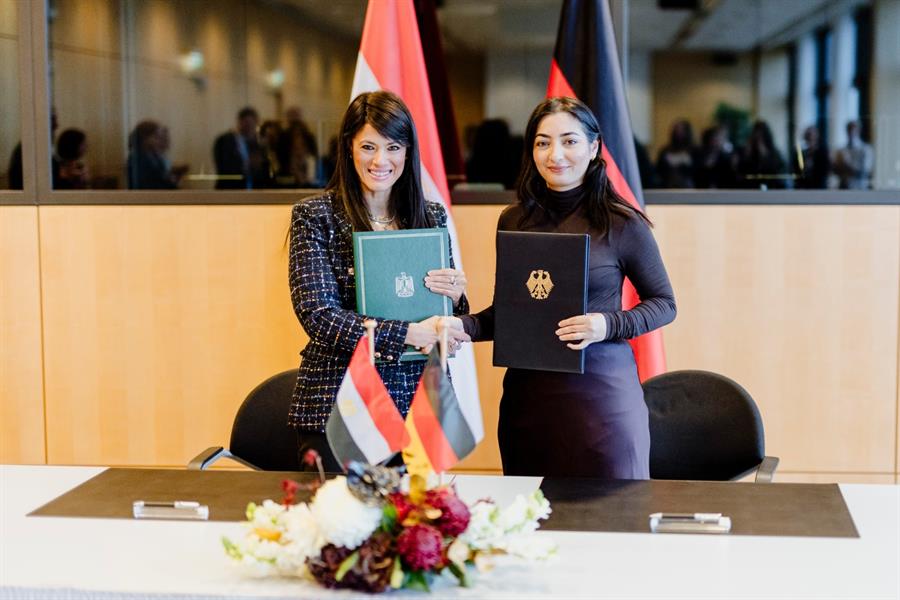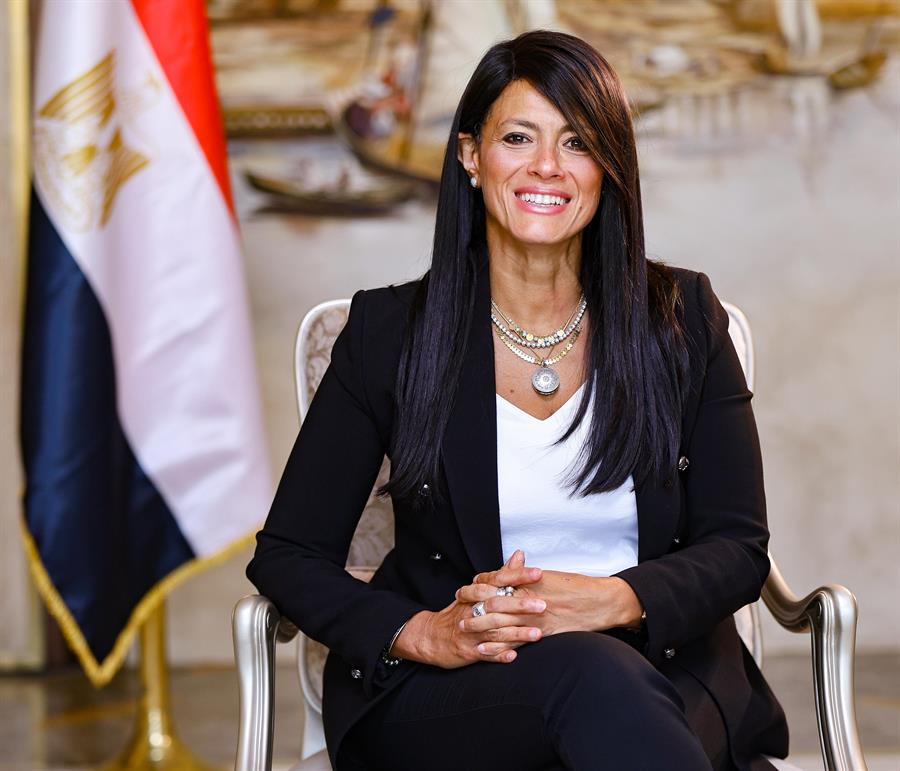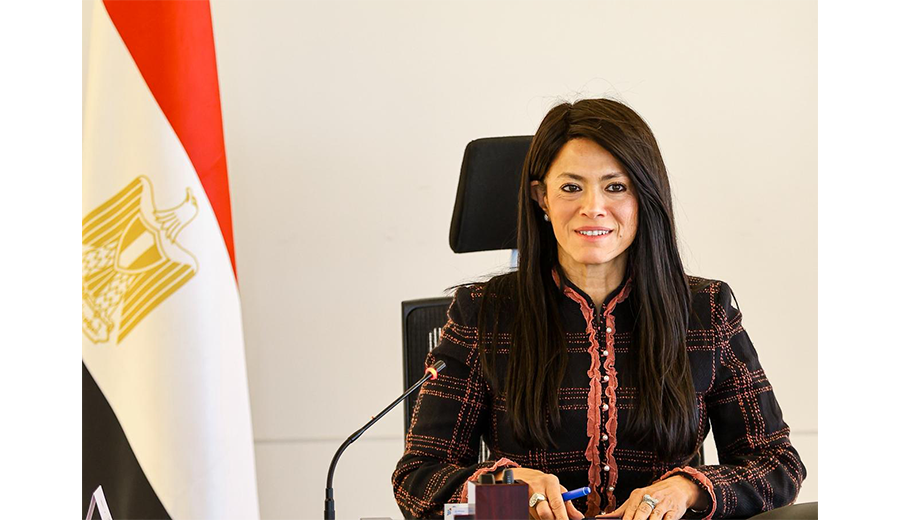Deputy Minister of Planning reviews reasons behind updating Egypt's Vision 2030 in AmCham webinar

02 July 2021
Dr. Ahmed Kamali, Deputy Minister of Planning and Economic Development, participated in a webinar entitled "Egypt Vision 2030: Towards SDG Implementation" organized by the American Chamber of Commerce in Egypt (AmCham).
During the session, Dr. Ahmed Kamali discussed the reasons behind updating Egypt’s Vision 2030, explaining that the objective of the update came intending it with the UN Sustainable Development Goals, and Africa’s Agenda 2063, in addition to keeping pace with global and regional changes.
The reasons also included emphasizing the integration of the three dimensions of sustainable development in all sectors and addressing the challenges facing the country. Among the important topics that were added to the updated vision version are the problems of water scarcity and high population growth.
Regarding the mechanisms of the modernization process that took place on Egypt’s Vision 2030, Kamali said that the modernization process was achieved through a participatory approach that included consultations with all stakeholders, from the government, civil society, the private sector, academics, and others.
Dr. Ahmed Kamali stressed that the emergence of the Corona pandemic negatively affected the local and global levels, especially that the epidemic imposed negative social and economic repercussions, and imposed new challenges on the economy, including the need to transition to a green economy.
Kamali pointed out that major global and regional changes require a quick and proactive response from governments, stressing that these changes must be reflected in the strategies and plans implemented by countries.
On the main steps of the modernization process, the Deputy Minister of Planning indicated that the first step focused on identifying gaps in the economic, social, and environmental aspects.
Kamali explained that working papers were drafted on each sector of the Egyptian ministries and government agencies as an initial step for modernization.
He added that the second step included groups of work teams and specialized experts working on partial reports for each identified gap, while the third step came to include the compilation of reports and various papers in the framework of the national strategic objectives, as well as the auxiliary elements and guidelines that will be relied upon to achieve the modernization process, indicating that the negative impact of the epidemic has been integrated at all levels.
Kamali continued that the fourth step included a series of consultative sessions with representatives of the government, the private sector, civil society, and academics, to discuss the goals of Egypt's Vision 2030, indicators, and digital goals.
During his speech, Dr. Ahmed Kamali reviewed the guiding principles that represent the strategic pillars that Egypt follows in its steps towards achieving Vision 2030, which includes achieving sustainability, flexibility, ability to adapt to changes, and achieving equality, in addition to achieving people-centered development.
On the strategic goals of sustainable development, Dr. Ahmed Kamali referred to six goals that include improving the quality of life for citizens by raising the standard of living, achieving social justice and equality, access to an integrated and sustainable environmental system, access to a competitive and diversified knowledge economy, in addition to building an advanced infrastructure and achieving the goal of governance.
Concerning the tools used to accelerate the achievement of the previous strategic objectives; The Deputy Minister of Planning explained that it includes controlling population growth, relying on supportive cultural values, the availability of information, as well as interest in enacting environmental legislation, achieving digital transformation and interest in technology and innovation, in addition to the financing element.









